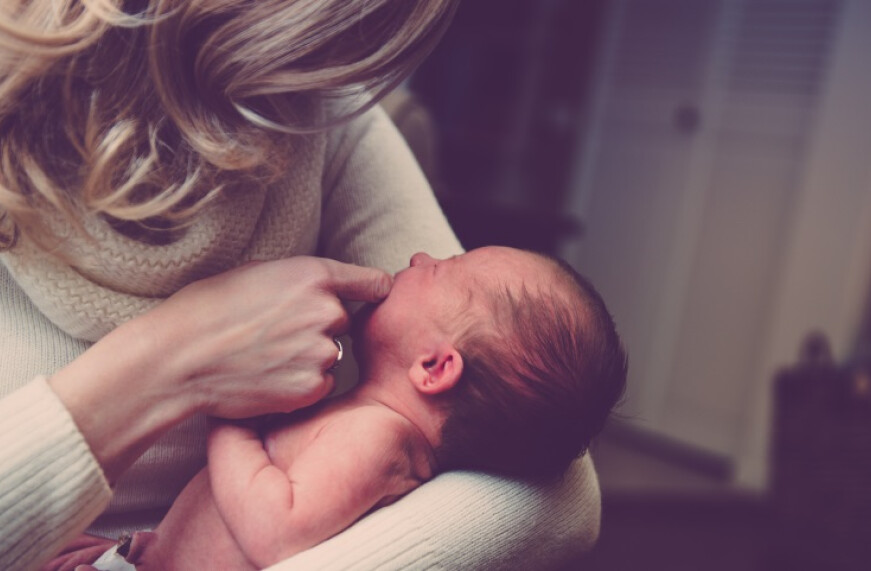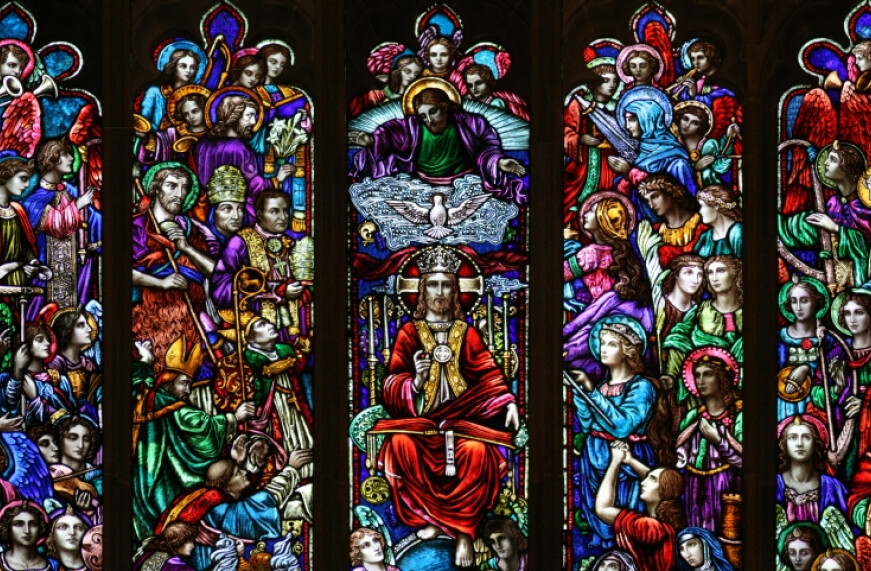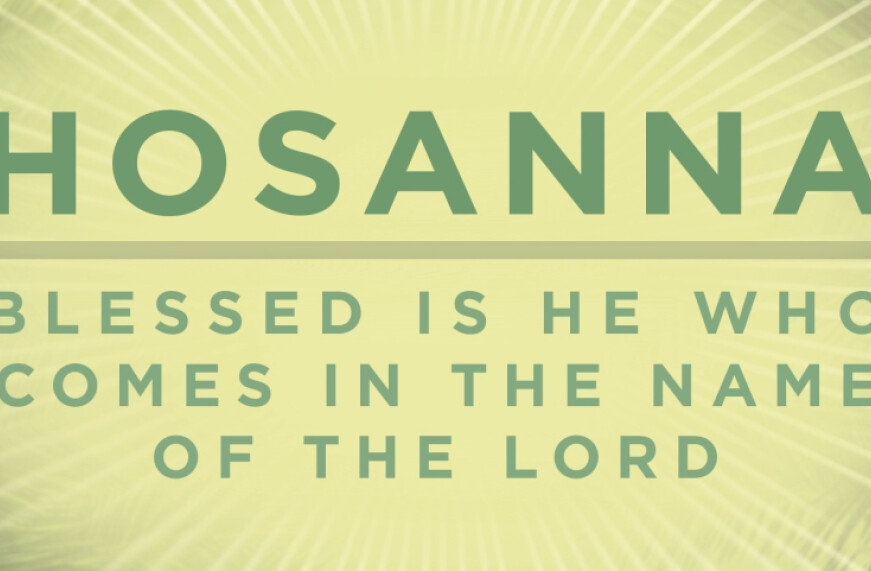Suffering the Sleepless Nights of Motherhood

Recently, a notification popped up on my phone’s calendar app: A year ago on that day, my youngest child slept 6.25 hours. High five!
She would have been just two weeks old at that point, and that would be the best that any of my children have ever slept in the first year of their lives. Looking back, it seems her awesome sleep performance peaked that day. In fact, between molars and learning a bunch of new skills at once, from walking to talking to making the most adorable kissy noises, my littlest one hasn’t sleep in, ohhhh, six weeks, give or take.
Growing up, my mother advised me never to think too much about anything while you’re tired. Sage advice. Except what do you do when there’s no sleep in sight? No one really prepared me for that, and the suffering that I’ve felt by being chronically tired has been both immense and intense.
Suffering is a topic that has driven many a person away from God. They wonder how an all-loving God could allow the big awful things to happen, the sudden deaths, the horrible medical diagnoses, the car accidents. But suffering pervades our earthly lives in tiny ways, too. In fact, it’s mostly in these ways that we experience suffering - the irritating comment made by a family member, the engine refusing to turn over when you’re already late to an appointment, the excruciatingly slow pace children suddenly take on whenever it’s time to leave to go anywhere, a debilitating lack of sleep.
It becomes crucial, then, to understand why God allows suffering, or at least to understand as much as we can and trust in the mystery of it, and then, of course, to let God in to help.
To say it briefly, we can’t know why God lets this suffering happen or this amount of pain to exist. That belongs to His grand beautiful exquisite and extraordinarily complex plan. But we can trust that God is a loving, merciful Father who allows some amount of suffering so long as an even greater good can come of it. We can picture it easily if we envision a parent taking a child to the doctor for an inoculation. Yes the child will suffer, but the parent knows, while the child can’t quite understand, that in allowing the pain of the needle’s prick and the next day’s sore muscle, greater suffering is avoided and the child will be more likely to enjoy better health. Apply this to Almighty God and we can begin to accept why we are allowed to feel the pain that we do.
And pain we certainly will feel. On both the macro and micro level, we and the world at large are broken and sinful. An unfortunate and continuing side effect of this reality is suffering. Mothers know this acutely, interiorly and in the suffering we feel by proxy with the sensitivities we naturally assume towards our children and our spouse.
One of the greater goods that can come from allowing pain in our lives is an increase in creaturely dependence, that is, the dependence we develop, creature-to-creature, as well as creature-to-God.
During these sleepless weeks, I’ve had to rely more on friends and family to help. A friend has babysat for me so I could run errands without so many extra people to shuffle in and out of stores. I’ve said yes to the imperfectly completed chores that my husband has offered to do. It has been good for me to rely on them, and it has been good for them to be allowed to help me. It fosters better community, better relationships, better understanding of charity and mercy.
I’ve also depended more on God. The prayers have been ongoing and constant. “Help!” “Please” and “Thank you” have been dispersed among rosaries and novenas. I continue to pray for the intercession of the saints. St. Jude and St. Rita, patrons of impossible causes, have put me at ease. St. Gianna Molla has walked alongside me.
The suffering will continue. Once the baby begins to sleep again, there will be another kind of suffering. After that subsides, another. God didn’t promise us complete and total happiness in this life. That, He saved for eternity with Him in the Beatific Vision, but in the meantime, I can embrace the suffering He allows, trusting there is some greater good that will come from it, even if I can’t see it through bleary, tired eyes.


